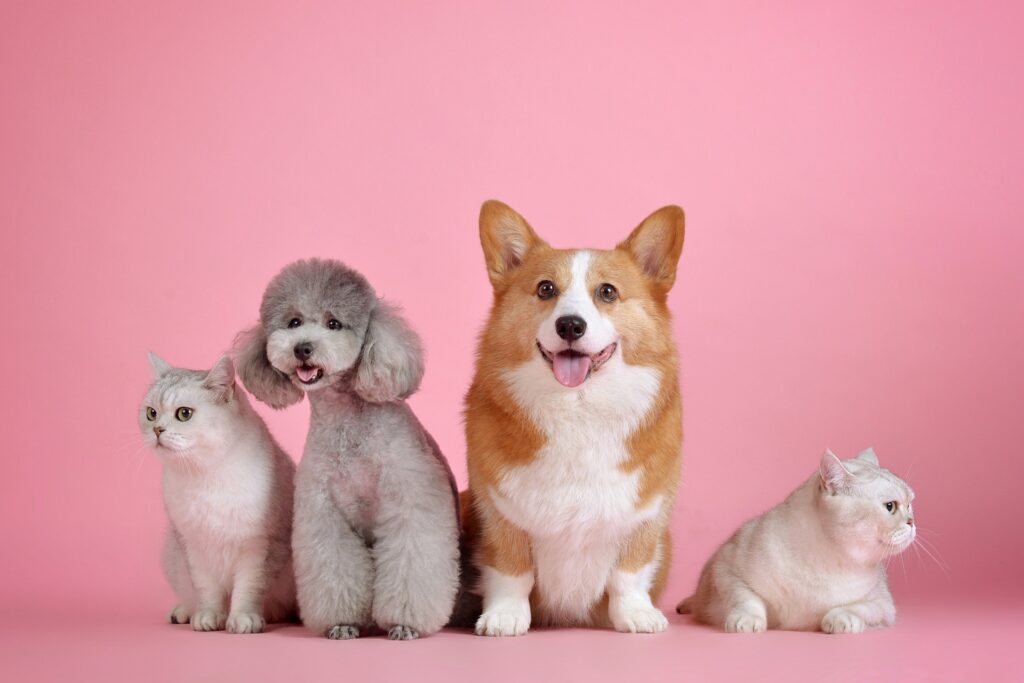Professional Home Care Help Aging Seniors with Pets

As we age, the companionship provided by our pets becomes more and more important for our well-being. Pets not only offer love and affection but also can provide us with a sense of purpose and routine. Though pets can be a great source of comfort, they also create more challenges, especially for aging seniors. As such many aging loved ones may require assistance in caring for their furry friends along with caring for themselves.
Caregivers can play a crucial role in ensuring that elderly loved ones can continue to enjoy the benefits of pet ownership while maintaining their own health and safety at the same time. Continue reading below to discover a few ways that professional caregivers can help aging family and friends to manage their pets effectively.
Physical Assistance:

Taking care of pets often requires a level of physicality that is not easy for senior citizens. Many elderly individuals struggle with physical chores like lifting bags of pet food, bending down to clean litter boxes, or walking dogs. Though professional caregivers are not typically in the home to care for pets, they can provide physical support to seniors by assisting with some of these tasks. They can also help clients troubleshoot problems with pet ownership and find doable solutions that allows seniors to keep their pets as long as possible. Some of these solutions might include purchasing lighter bags of pet food, using automated litter boxes, and/or joining seniors on dog walks to ensure both the pet and owner get sufficient exercise.
Veterinary Care:

Regular health care is as important for pets as it is for seniors, and sometimes trips to the veterinarian will be necessary. for keeping pets healthy and happy. Professional caregivers can help the elderly manage such requirements by scheduling appointments, arranging transportation, and perhaps even accompanying an aging loved one to vet visits. Sometimes and in some cases, caregivers might also be able to assist with administering medications and following up on other treatment plans that have been prescribed. Even if such duties are not within a caregiver’s duties, they can serve as a resource in helping a senior find someone who is able to assist in that capacity.
Socialization and Companionship:
Pets provide valuable companionship and emotional support, especially for seniors who may be socially isolated. Caregivers can facilitate socialization opportunities by encouraging interaction between the elderly and their pets through playtime, cuddling, and engaging activities that promote mental stimulation for both parties. They can also supervise such interactions and observe signs of distress in either the senior or the pet, helping to ensure that both are benefitting from the continued relationship.

Monitoring and Observation:
Observing the pet/owner relationship is important because sometimes elderly individuals fail to recognize changes in their pets’ behavior and health status. They can also be unwilling to recognize the changes in their own capacity to provide for a loved pet companion. Caregivers can play a crucial role in observing and monitoring pets for signs of illness, injury, or distress. They should communicate any concerns to the seniors and their loved ones, if necessary, can help ensure that veterinary attention is received. They can also help facilitate a change in ownership if it becomes apparent that a pet is causing more stress and anxiety to a senior than is healthy.
Conclusion:
Pets bring immense joy and companionship to the lives of elderly individuals, but they also require care and attention to thrive. Caregivers play a vital role in supporting seniors in managing their beloved pets effectively. By providing physical assistance, coordinating veterinary care, ensuring proper nutrition and grooming, facilitating socialization, preparing for emergencies, and monitoring pets’ well-being, caregivers can help elderly individuals maintain their bond with their furry companions while promoting a higher quality of life for both parties. Together, they create a harmonious and fulfilling environment where pets and their owners can age gracefully together.